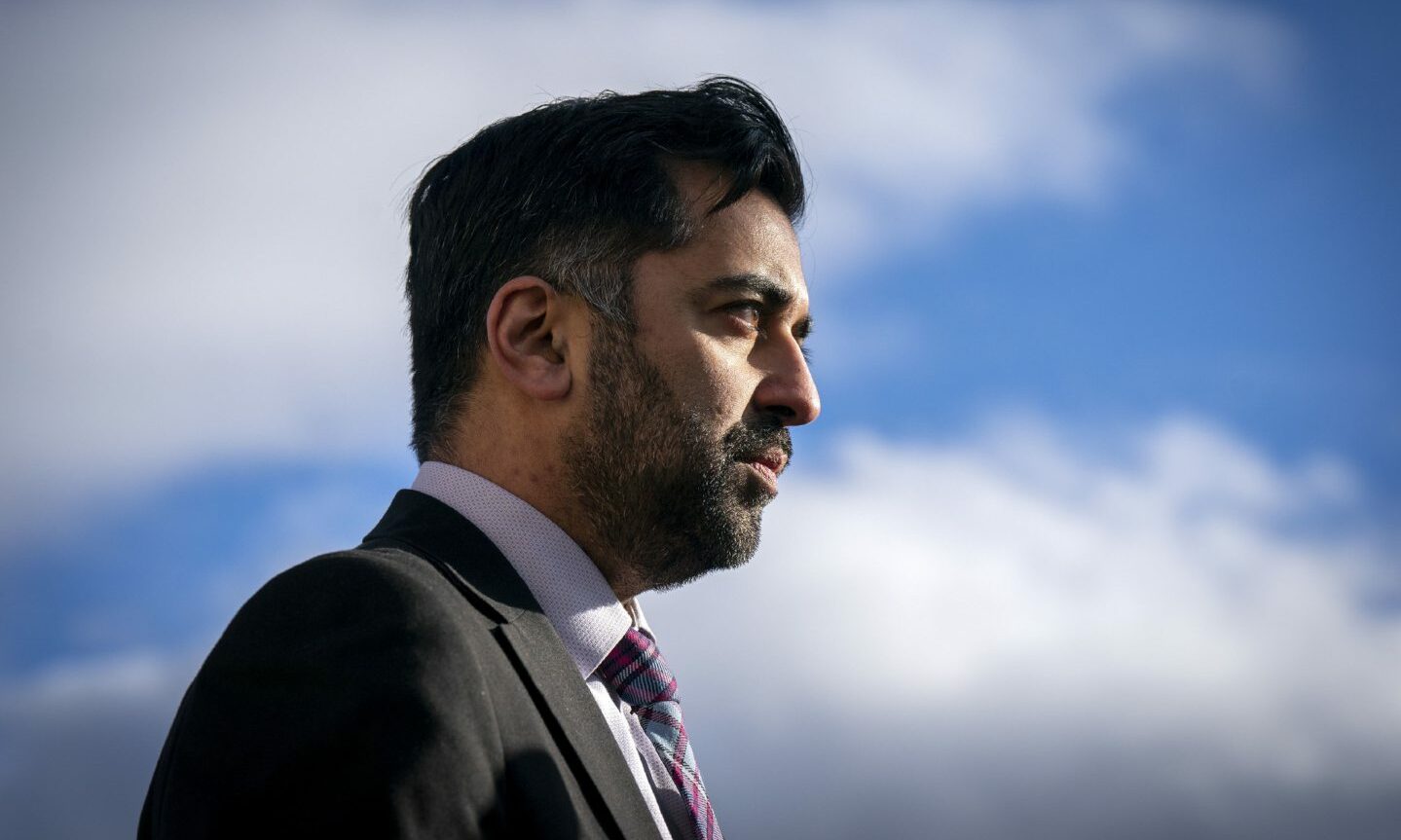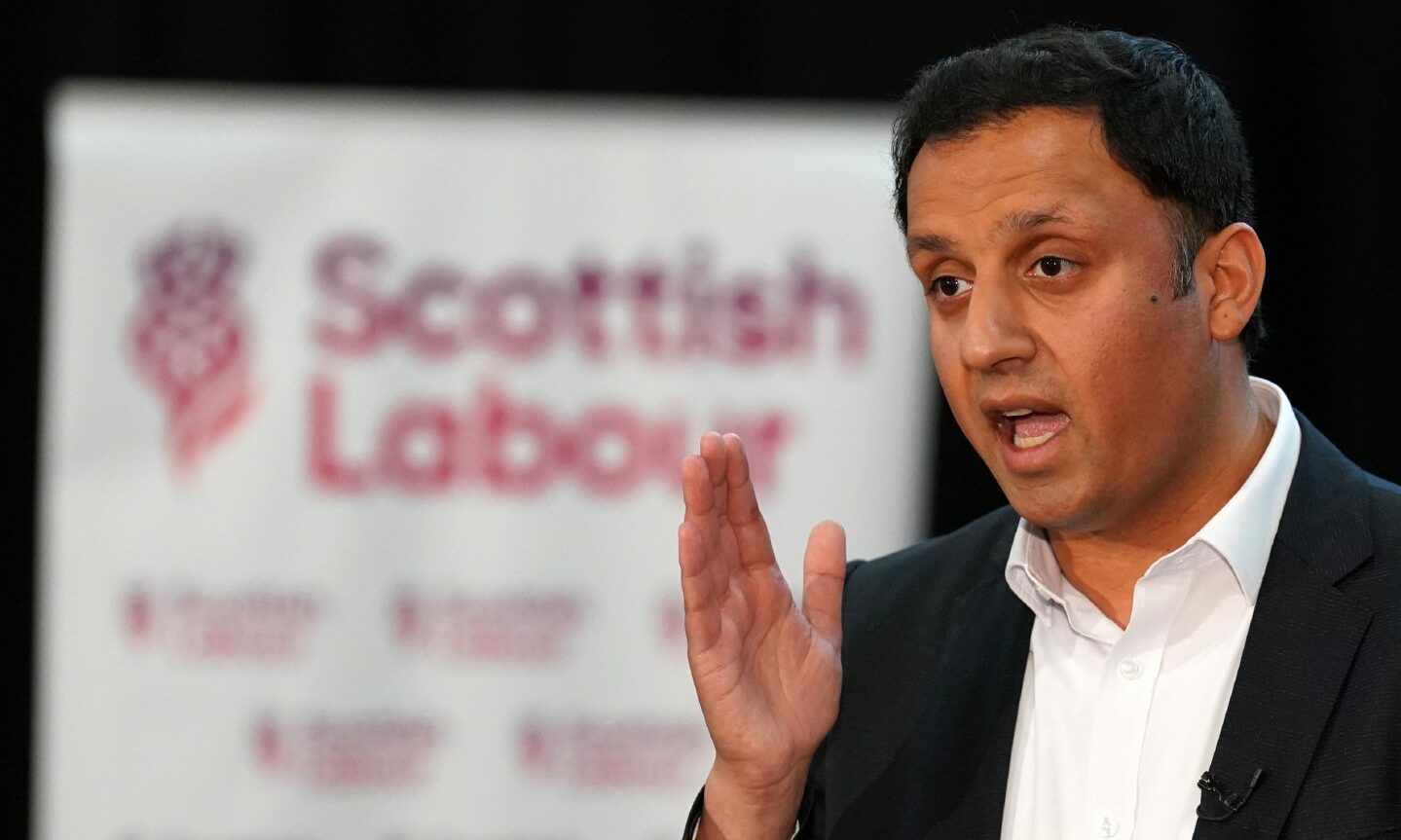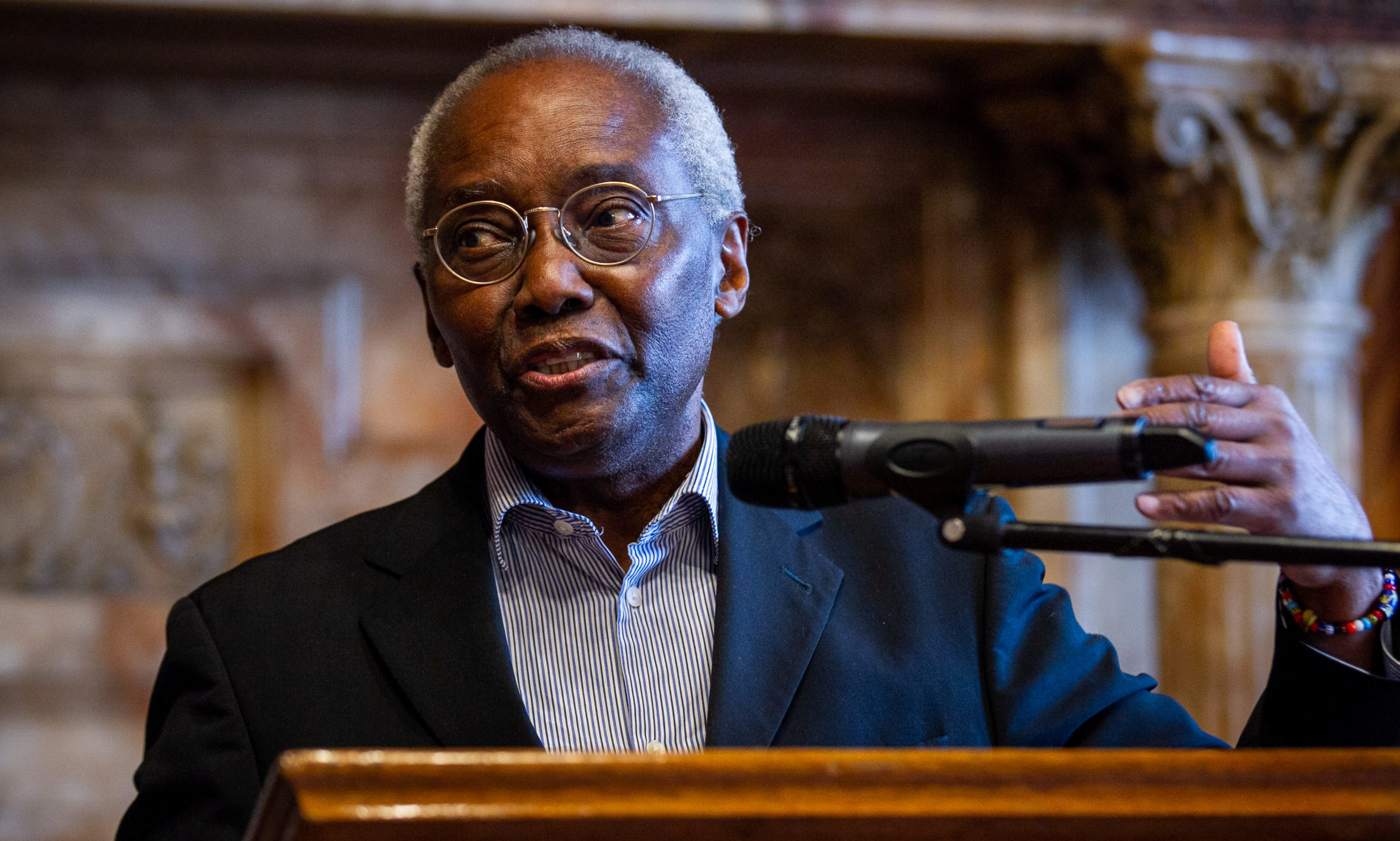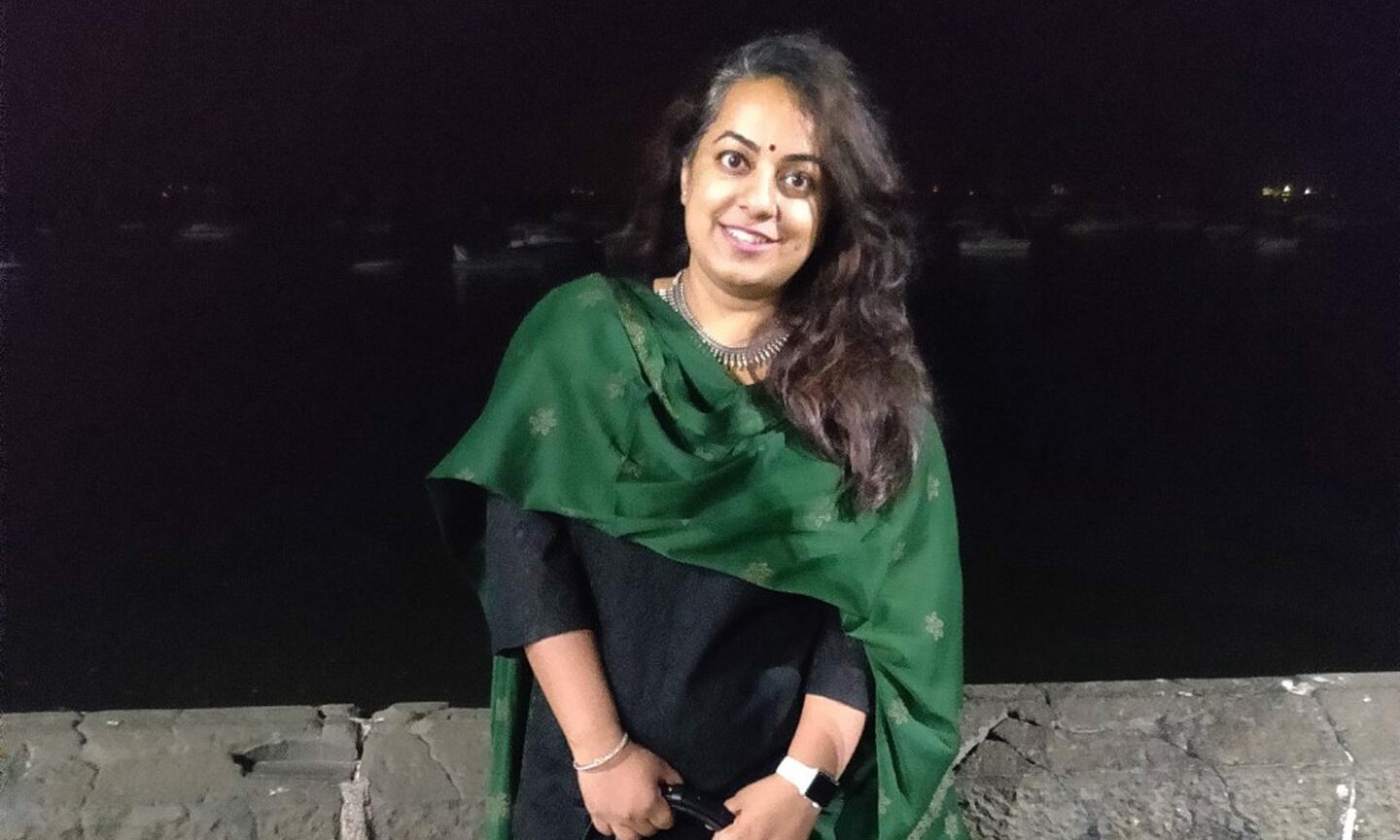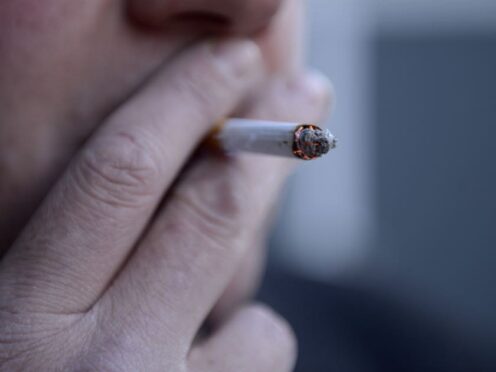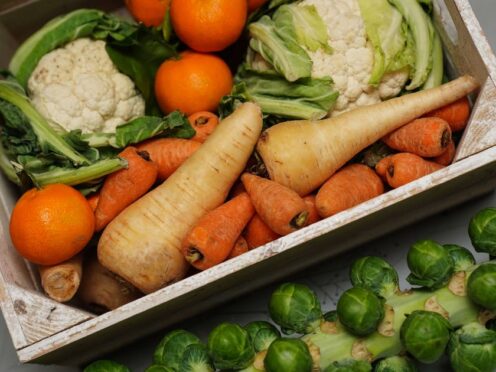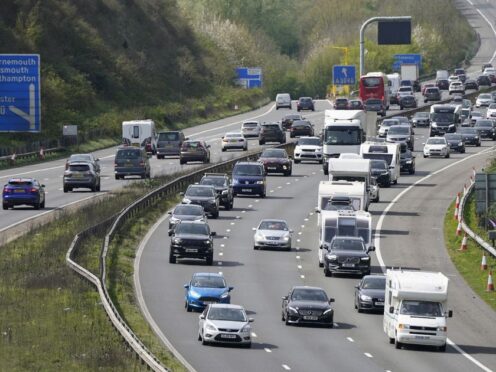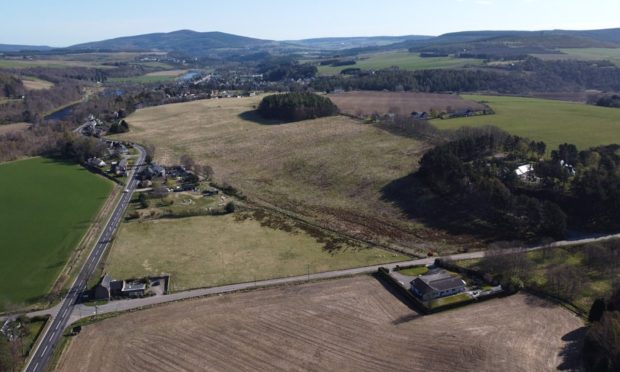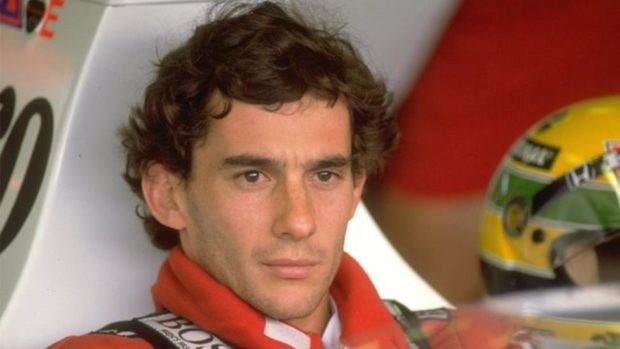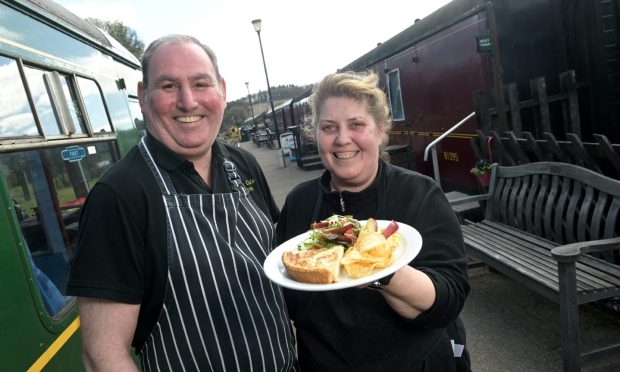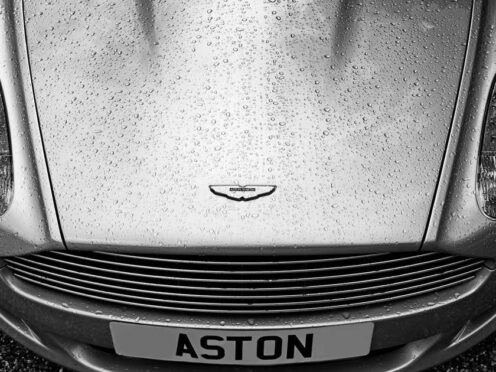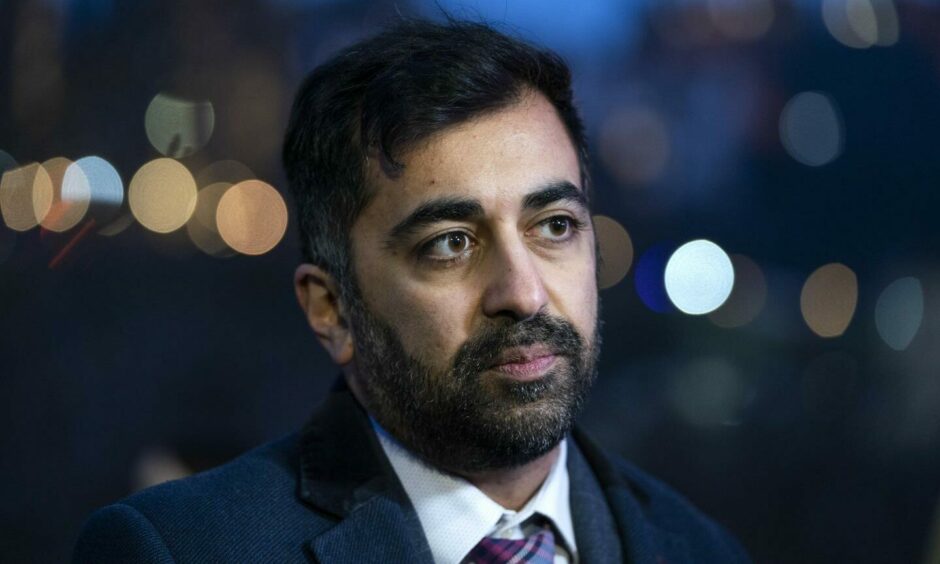
Humza Yousaf’s elevation to First Minister was a historic occasion, whether or not you agreed with the SNP politician’s beliefs and policies.
In the hours and days after he had narrowly defeated Kate Forbes to assume the role previously held by Nicola Sturgeon, there was acknowledgment of how the 37-year-old’s victory had made him the first Muslim leader in Western Europe.
His rise was welcomed by his Labour opponent, Anas Sarwar – another individual proud of his Asian heritage and a fellow Glaswegian.
In a statement after Mr Yousaf was announced as first minister, Mr Sarwar said: “Regardless of your politics, this is a significant moment for Scotland.”
But while Scotland may claim to be a tolerant, inclusive country, it still has a long way to go to eradicate the stain of racism.
Battle with racism
This won’t surprise anybody who is involved in investigating Scotland’s myriad links to the slave trade, the sugar plantations in the Caribbean and the Caledonian soldiers who participated in many of the worst atrocities carried out across the old British Empire.
Mr Yousaf has battled racism throughout his political career, and has previously spoken of having to take measures such as increasing security at his home and carrying a panic alarm in case of attack.
While in sport, Scottish cricket continues to be dogged by claims it is “institutionally racist” and four members of the governing body’s anti-racism and equality, diversity and inclusion group resigned last week due to the organisation’s handling of the issue, followed by Cricket Scotland chairman, Anjan Luthra, on Friday.
One former player revealed he was used to being called a “P***” and when asked if he thought racism was a serious problem in Scotland, replied: “Things are getting better, but if you walk up the wrong street at the wrong time, you could be in trouble”.
‘Opportunity to further embrace inclusivity’
Sabir Zazai, chief executive of the Scottish Refugee Council, spoke warmly about Scotland’s “proud reputation for being a warm, welcoming country to all.”
He added: “Humza Yousaf becoming the First Minister of Scotland heralds an opportunity to further embrace inclusivity and the many different cultures and traditions that make Scotland’s communities so vibrant.
“The amazing response from people who are offering their homes to those fleeing the war [by Russia] against Ukraine is a great reminder of how we, as a nation, can pull together to support one another.
“However, having an FM from an ethnic minority background does not mean that Scotland is immune to racism, not at all. We have a long way to go to create a more welcoming and inclusive Scotland where people of all backgrounds – no matter where they have come from or how they arrive – prosper equally in our shared home.
Solidarity against hate speech, racism and hostility
“As recent far-right protests and attacks on asylum rights demonstrate, it’s more important than ever to ensure we are careful in our language and stand in solidarity against hate speech, racism and hostility towards people arriving in Scotland.”
None of which means that Mr Yousaf is exempt from criticism, in common with anybody else who stands for public office. Even some within the SNP and wider independence movement have branded him as a lightweight, amongst other barbs.
Long-serving Aberdeen Labour councillor, M Tauqeer Malik, articulated his mixed feelings about Mr Yousaf’s advancement. Yes, it’s a positive development, but also one he fears will have negative consequences for many people in Scotland.
He said: “I welcome the appointment of Humza Yousaf, not because of his politics which I fundamentally disagree with, but because it confirms what I have always though that Scotland welcomes diversity of religion, thought and politics.
Some hate because of ignorance
“To have a Prime Minister of Indian descent [Rishi Sunak] and a First Minister of Pakistan descent who is a Muslim shows the United Kingdom is a modern diverse nation. Although I suspect that most people in Scotland are not worried about Mr Yousaf’s religious beliefs or the colour of his skin, there are some who still practice hate because of their own ignorance to others.
“But Scotland is, in the main, a tolerant society and I am positive the more politicians from an ethnic minority come to the fore, the more tolerant Scotland will become.”
Sir Geoff Palmer doesn’t think the issue can be simply interpreted as one country being more or less tolerant than another. As a Jamaican-born human rights activist from an academic background – he is a professor emeritus in the School of Life Sciences at Heriot-Watt University – he is a great believer in education and people studying not just battles and kings and queens, but how their predecessors behaved in the past.
He is fully cognisant with shameful chapters such as the Scots who championed slavery and became millionaires on the back-breaking labour of oppressed people. Yet he was in the Scottish parliament last week and was heartened at how so many youngsters are not only investigating the negative aspects of their history, but actively campaigning for those who profited from racism being forced to accept their complicity in the trade.
Aberdeen University exhibition explores north-east slavery links
Looking at history for answers
He told me: “As [historian] Tom Devine once said: ‘Scottish people are big enough to take their own history’ and accept it involves colonialism and slavery. But now, there’s a genuine sense they want to find out more about it and learn the lessons. They’re not doing this because it is nice to do it or easy to do it, but because they want to do it.
“I think that’s because Scotland has a greater propensity to react to the truth of the history of racism and the culture is changing. Whenever I speak to groups of children about it, I’m impressed with how interested they are in the subject. That’s progress.”
Ultimately, there will be no overnight transformation in changing everybody’s minds. And the “Stop the Boats” policy being implemented by the UK Government is starkly at odds with the diversity policies espoused by Holyrood, yet both have their critics.
However, as Aberdeen-born philanthropist Aakanksha Sadekar told me, there are signs that Scots want to concentrate more on the future and attempt to tackle discrimination.
Too little representation in public life
She said: “Scotland has always been way more inclusive than England and racism is more on the fringes. As a second-generation Indian, I do feel more represented in the political circles of Scotland.
“Scotland has been tolerant and inclusive for years, but we still have to make a lot of progress on basic issues. A lot of people are still quite unaware of the different faiths that reside in the country and there is way too little representation in public life from the varied races that form a part of Scotland.”
That might be the challenge for the next generation.
